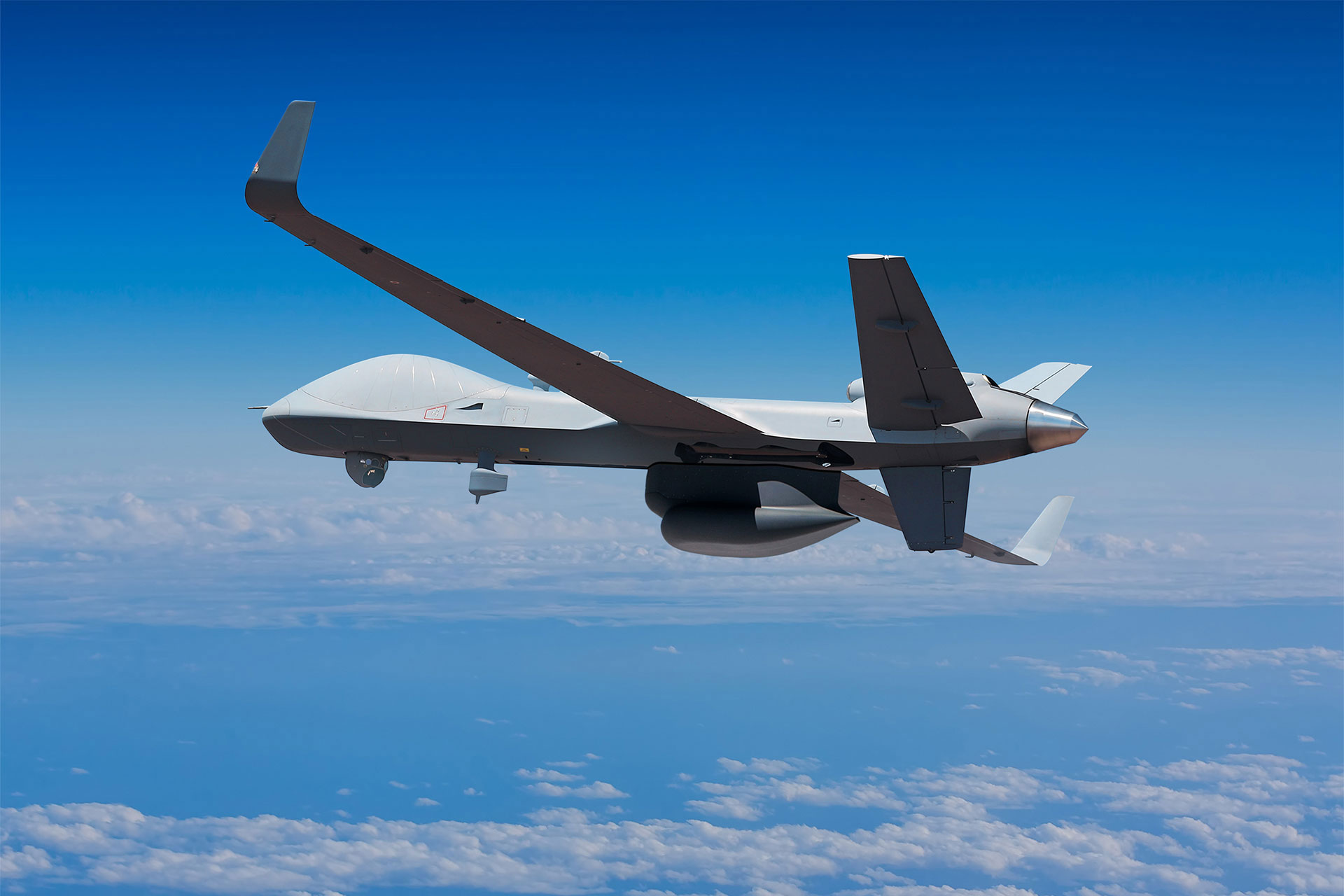
The Sea Guardian drones are being procured for the Indian Armed Forces as the unmanned platforms can carry out a variety of roles including maritime surveillance, anti-submarine warfare and over-the-horizon targeting among others. (Photo: General Atomics website)
NEW DELHI (PTI): The Defence Ministry on Thursday approved procurement of 30 MQ-9B Predator armed drones from the US under a government-to-government framework and the nearly US$ 3 billion deal is expected to be announced following talks between Prime Minister Narendra Modi and US President Joe Biden in Washington next week.
The procurement of the weaponised 'hunter-killer' drones from General Atomics was cleared at a meeting of the Defence Acquisition Council (DAC) chaired by Defence Minister Rajnath Singh, people familiar with the matter said.
The 'Sea Guardian' Predator drones are being procured at a cost of around US$ 3 billion to crank up the surveillance apparatus of the Indian Armed Forces, especially along the frontier with China, they said.
The approval to the long-awaited procurement following years of negotiations came around 10 days after US Defence Secretary Lloyd Austin held wide-ranging talks with Singh that focused on significantly expanding overall strategic and defence engagement between the two countries.
There is a likelihood of firming up of an agreement on manufacturing of the GE-414 fighter jet engine in India during Modi's visit to Washington. India is looking at the project to power its indigenously developed combat aircraft, the people cited above said.
The MQ-9B drone is a variant of the MQ-9 "Reaper" which was used to launch a modified version of the Hellfire missile that eliminated al-Qaeda leader Ayman al-Zawahiri in the heart of Kabul in July last year.
It is expected that the mega procurement deal worth around US$ 3 billion would be announced following talks between PM Modi and President Biden at the White House next week.
The Defence Ministry is now in the process of issuing an actionable letter of request (LoR) to the US government.
The formal contract is likely to be concluded after the US responds to the Indian communication with a letter of offer and acceptance.
It is not immediately known whether the procurement will have any aspect of technology transfer.
The people cited above said there could be an announcement on the deal in Washington next week but the final signing of the contract may take some time as the procurement will have to be cleared by India's Cabinet Committee on Security.
The Sea Guardian drones are being procured for the three services as they can carry out a variety of roles including maritime surveillance, anti-submarine warfare and over-the-horizon targeting among others.
It is learnt that the Indian Navy is likely to get 14 drones while the Indian Air Force and Indian Army will get eight each.
The high-altitude long-endurance (HALE) drones are capable of remaining airborne for over 35 hours and can carry four Hellfire missiles and around 450 kgs of bombs.
The MQ-9B has two variants – Sky Guardian and its sibling Sea Guardian.
In 2020, the Indian Navy had taken on lease two MQ-9B Sea Guardian drones from General Atomics for a period of one year for surveillance in the Indian Ocean. The lease period has been extended subsequently.
The Indian Navy has been bolstering its surveillance mechanism to monitor growing Chinese activities including frequent forays by PLA warships in the Indian Ocean Region.
Indian armed forces have been focusing on procuring unmanned platforms including armed drones in the backdrop of the eastern Ladakh border standoff with China, and to track movements of Chinese warships in the Indian Ocean region.
The drone is the first hunter-killer unmanned aerial vehicle (UAV) designed for long-endurance and high-altitude surveillance.
The MQ-9B has signals intelligence and communications intelligence systems integrated onboard, but it can take any number of other custom sensors as necessary.
In 2019, the US approved the sale of armed drones to India and even offered integrated air and missile defence systems.
The Indian Navy has been strongly pushing for the procurement to boost its overall surveillance over the Indian Ocean, a region that has witnessed increasing forays by Chinese ships and submarines in the last few years.
Following the eastern Ladakh standoff, India has significantly enhanced its day and night surveillance over the Line of Actual Control (LAC) using a fleet of remotely piloted aircraft. The Indo-US defence ties have been on an upswing in the last few years.
In June 2016, the US designated India a "Major Defence Partner" paving way for sharing of critical military equipment and technology.
The two countries have also inked key defence and security pacts over the past few years, including the Logistics Exchange Memorandum of Agreement (LEMOA) in 2016 that allows their militaries to use each other's bases for repair and replenishment of supplies.
The two sides also signed COMCASA (Communications Compatibility and Security Agreement) in 2018 which provides for interoperability between the two militaries and provides for the sale of high-end technology from the US to India.
In October 2020, India and the US sealed the BECA (Basic Exchange and Cooperation Agreement) to further boost bilateral defence ties.
The pact provides for sharing of high-end military technology, logistics and geospatial maps between the two countries.
 Previous Article
Previous Article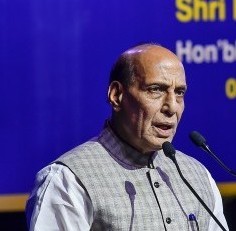 Next Article
Next Article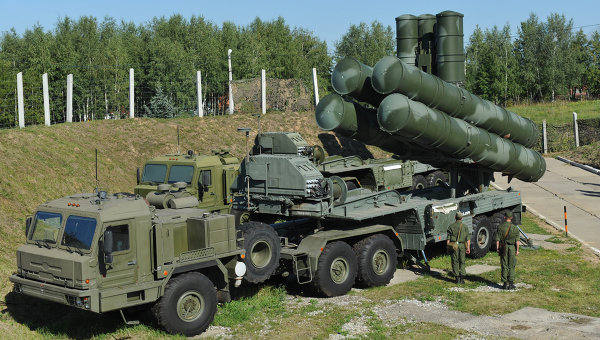
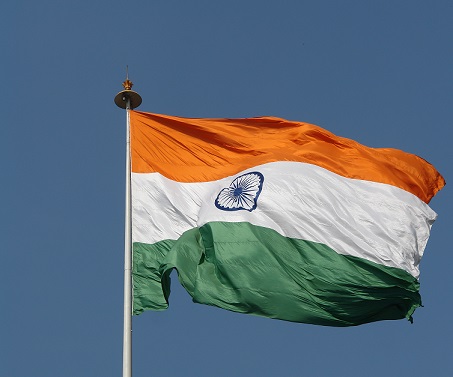
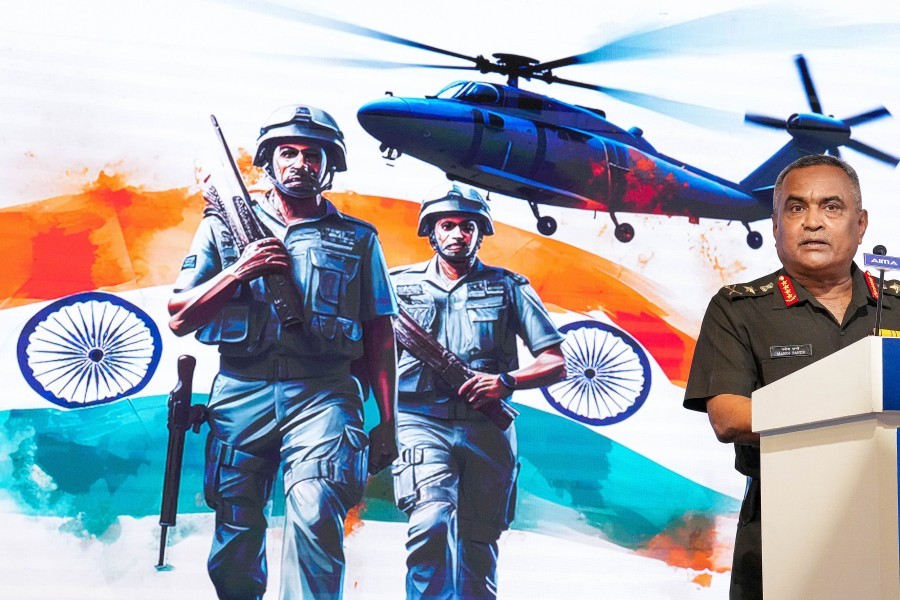
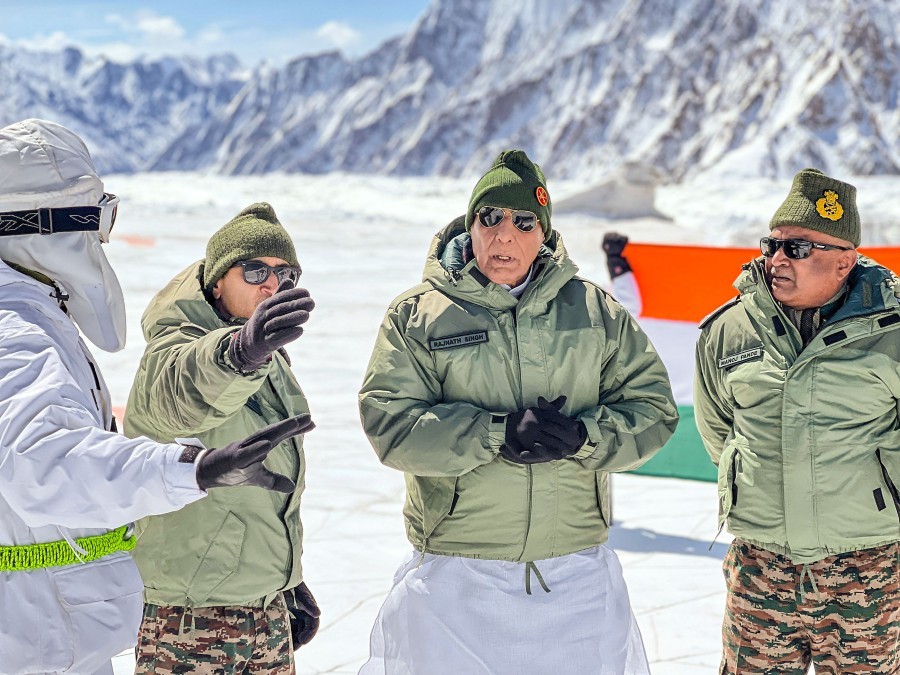

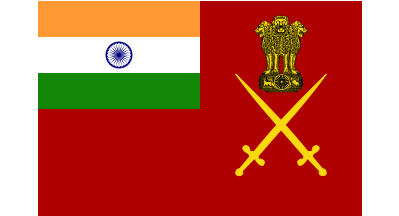
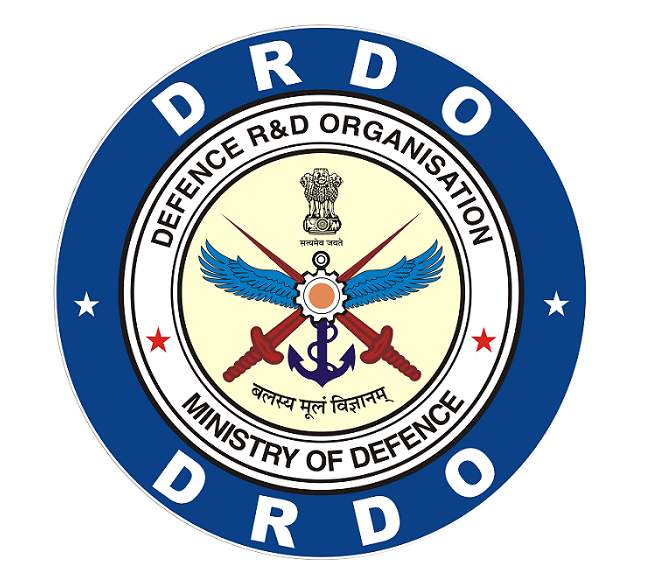
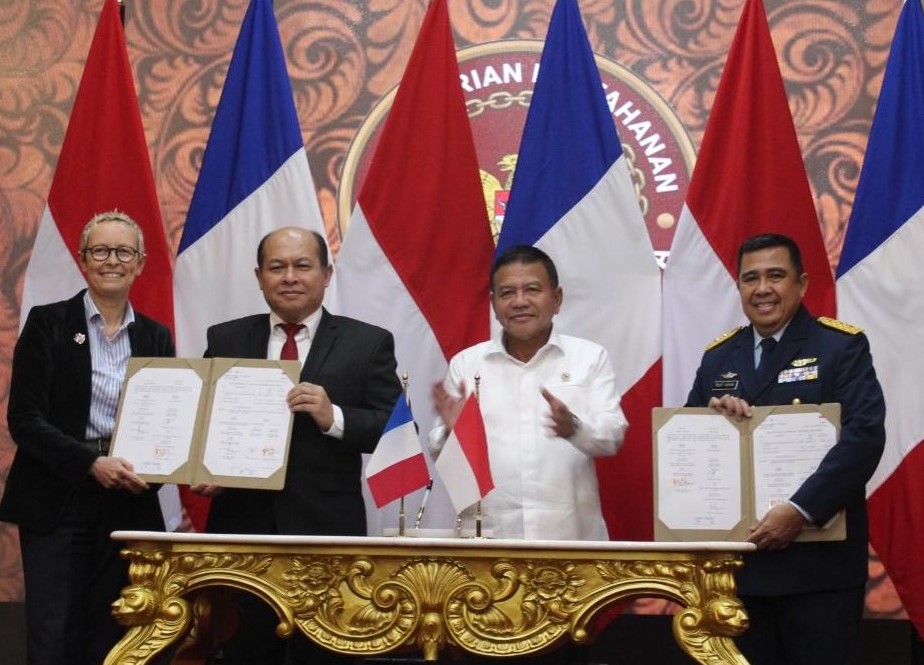
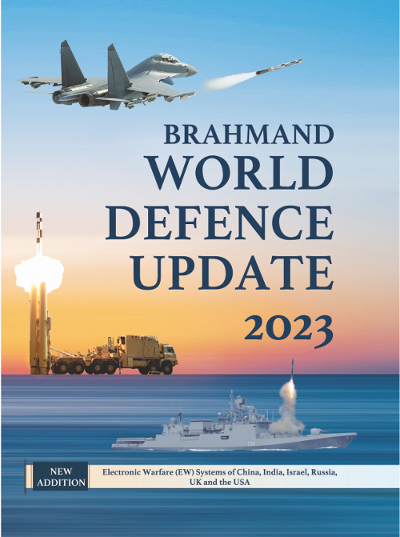




The Indian Air Force, in its flight trials evaluation report submitted before the Defence Ministry l..
view articleAn insight into the Medium Multi-Role Combat Aircraft competition...
view articleSky enthusiasts can now spot the International Space Station (ISS) commanded by Indian-American astr..
view article